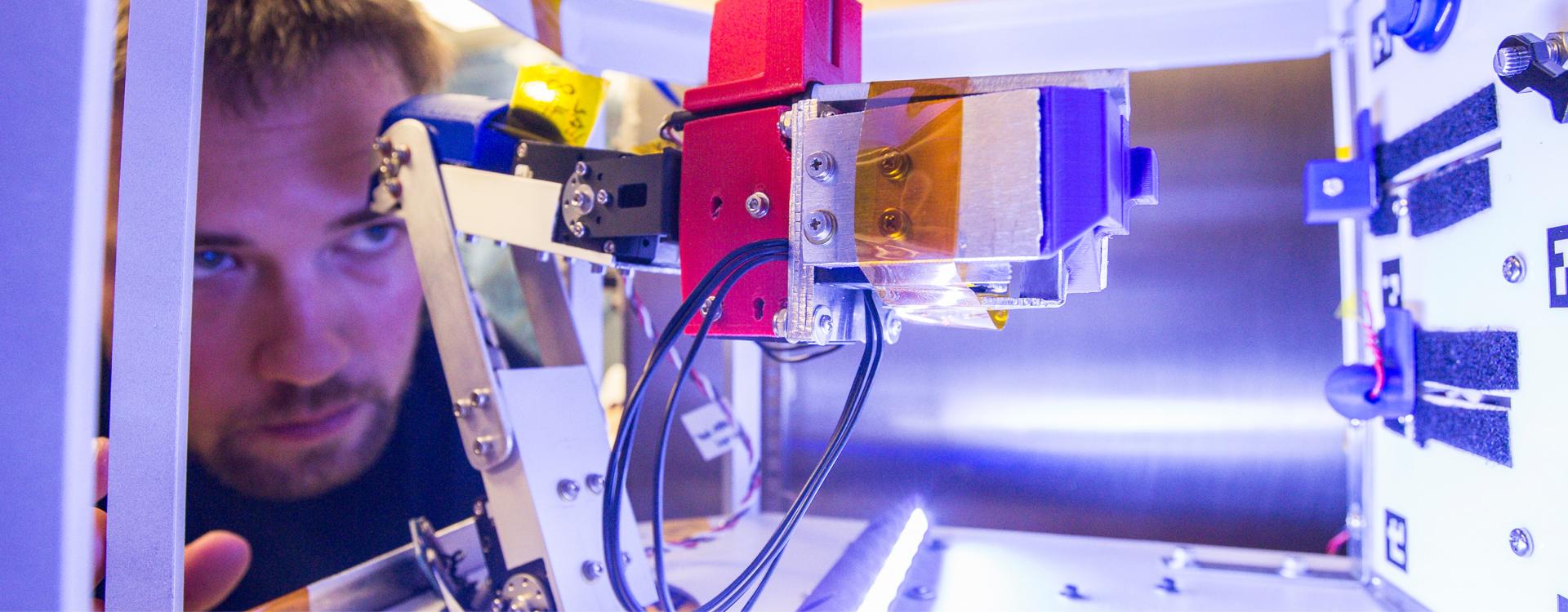Durham Tech team grabs top spot in national competition, targets carbon neutrality
 What started as an extra credit opportunity in their Environmental Biology Lab became a first place finish in a national competition.
What started as an extra credit opportunity in their Environmental Biology Lab became a first place finish in a national competition.
Lauren Wright, 27, and Jerry Garfunkel-Vargas, 23, both Durham Tech students, formed Team B.O.L.T. to compete in the Boston Museum of Science’s Go Carbon Neutral: A Transportation Challenge last month.
“I remember the adrenaline rush of excitement and joy drawing all my focus onto this surreal feeling of euphoria that all of this hard work on top of this difficult semester paid off, and that I finally accomplished something in a scientific field,” Vargas said.
The Museum asked students to create a transportation proposal that will help achieve carbon neutrality by 2050 and they wanted diverse and fresh voices from future STEM professionals.
Team B.O.L.T. (Bullet Over-Road Light-Powered Train) proposed an inexpensive, electric, high-speed rail that connected 12 cities across North Carolina.
“We both came to the table with the same idea of solar powered trains,” Wright said. “We started discussing the potential environmental harm that would be caused by a new rail line being installed, and that led us to the idea that we would not clear more forests, but instead use the median space that already exists on the highway, and just raise it up above the road so it would not interfere with existing traffic.”
As part of the proposal, the team had to estimate costs, identify funding sources, and determine environmental community impacts.
“The desire we had to see a solution to climate change and equal opportunity in transportation fueled us to make this the best proposal it could be,” Vargas said. “It was inspiring to see how possible a brighter future for all of us was if we work together and make it happen.”
It took three months to develop the proposal and due to the pandemic, Wright and Vargas had to work on it via Zoom meetings and email correspondence only. They have never met in person, but share a passion for the environment.
“Carbon emission is a long-term harmful consequence of our actions and it is our responsibility to correct it so that future generations can have a mutual relationship with our environment,” Wright said.
For Vargas, this project was also personal.
“I’m a person without regular transportation and feel saddened that my options are a below standards fuel guzzler or walking, and that this is many people in my community too,” he said. “I walk, but I'm able bodied and some are not. A large part of me worked on this project so that there would be an off chance our government officials would see the realistic budgeting and possibility, and how we can serve underserved communities easily if we wanted to.”
The Museum received proposals from students across the U.S. and narrowed it down to 15 finalists. The final decision was made by a team of 16 judges and online voting. Team B.O.L.T.’s win was announced on a Zoom call.
“It was so humbling to work with such amazing professionals and mentors and it was awesome to have such an amazing project partner through this all,” Vargas said. “Things have been difficult, but it goes to show that if anyone has an idea or solution to something they care deeply about, they should give it a shot to work towards facilitating it.”
Wright is pursuing an Associate in Science degree at Durham Tech and ultimately wants to earn a PhD to study snake venom’s potential for treating Multiple Sclerosis.
Vargas is also pursuing an Associate in Science degree and either wants to become a pediatrician or work in conservation, protecting endangered species.
Learn more about the Go Carbon Neutral: A Transportation Challenge.

